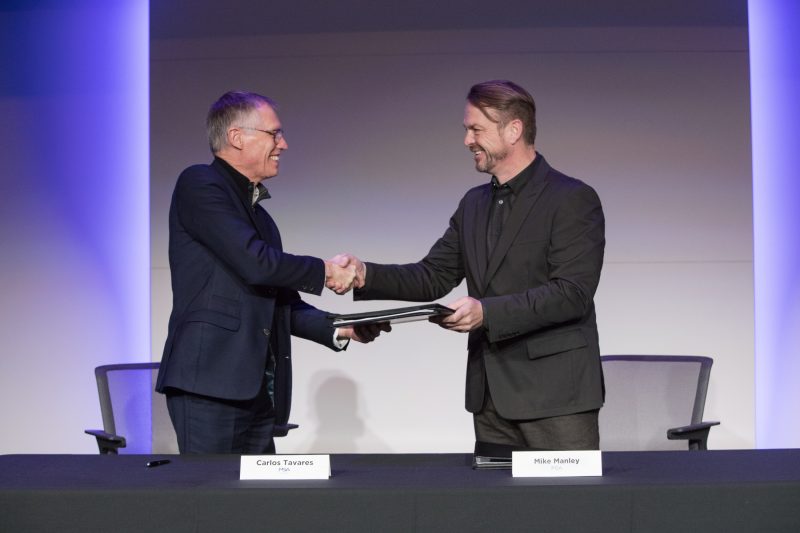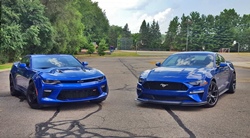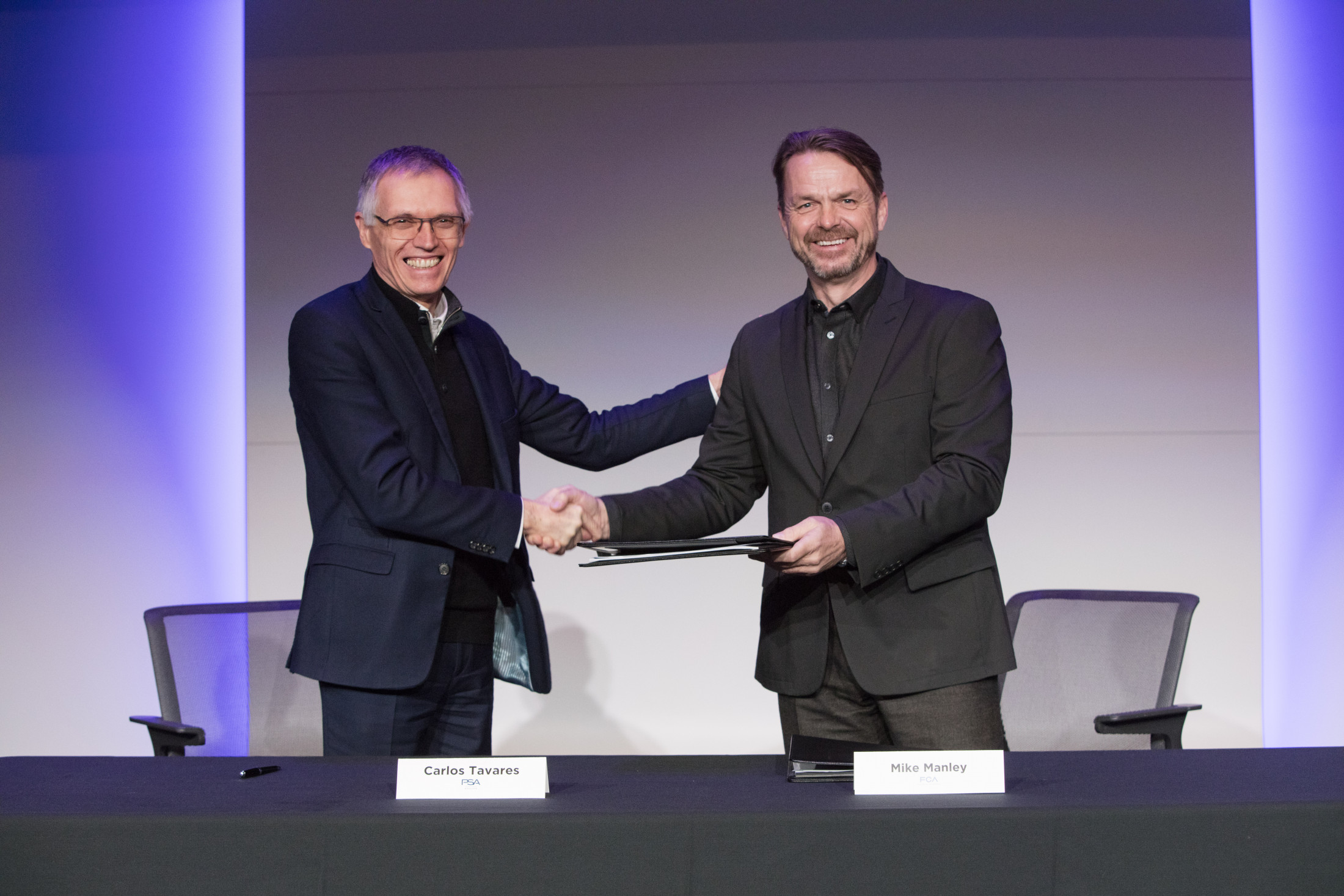Following the initial announcement back in October that revealed FCA and PSA Group were interested in formally merging, the two firms have formally signed on the dotted line, creating the fourth largest automotive company in the world, with projected annual sales of around 8.7 million cars in the process.

On the subject of profits, they are expected to be massive, with initial figures suggesting that the newly combined entity’s revenues will be around $190 million, as well as a recurring operating profit of over $12.2 billion dollars. These are very impressive figures, and it’s easy to see why they played a key background role in encouraging the two companies to merge. But beyond the financial benefits, there are also other advantages that the combination brings to the table. Before we get into that though, we might as well focus on the formalities that will be in place going forward. Wheras Chrysler’s last foray into a 50:50 merger ended up with the troubled and clearly not equal DaimlerChrysler regime, it appears that both FCA and PSA Group have taken safeguards to ensure things go quite differently this time around. As previously announced, the new board of directors will feature even representation, with five members coming from FCA, and five from PSA Group with nominations coming from their respective reference shareholders. While the role of FCA CEO Michael Manley is still unknown, it is confirmed that PSA Group CEO Carlos Tevares will be chief officer for an initial five year term, and he will also have a very prominent seat in the director’s board.
The newly combined company will also (for the moment) retain all 13 of their brands, a move that is very reminiscent of the current VW empire. However, Tavares (an executive known for his proficiency as a cost cutter) will certainly keep a very close eye on the performance of all of them, and will certainly be prepared to take action in the event one of them does not meet sales targets. Three very prominent offenders that come to mind are Fiat, Maserati, and Alfa Romeo. All three of these fabled Italian marques were the core of the late Sergio Marchionne’s agenda during his time as FCA CEO, and currently, all three are not meeting their sales projections, with Fiat in particular suffering a rapid collapse in sales here in the U.S. Maserati and Alfa Romeo are also in the middle of expanding their respective lineups to include more utilities, but both of these luxury marques have had a slow start, and are still behind established luxury competition in terms of sales.
“Our merger is a huge opportunity to take a stronger position in the auto industry as we seek to master the transition to a world of clean, safe and sustainable mobility and to provide our customers with world-class products, technology, and services,” Tavares commented.
“This is a union of two companies with incredible brands and a skilled and dedicated workforce. Both have faced the toughest of times and have emerged as agile, smart, formidable competitors. Our people share a common trait – they see challenges as opportunities to be embraced and the path to making us better at what we do,” Mike Manley, FCA CEO, added.
Look for the first fruits of this merger to emerge over the next few years, with both FCA and PSA Group benefitting from the technology arsenal that is available to them, as well as the possible re-emergence of PSA Group into the U.S. market, with rumors suggesting that the company has already begun research into the idea. As for FCA, this merger could finally help jump start the firm’s long lagging EV ambitions, and finally give them the tools needed to launch a more sustained assault against rivals that are currently far ahead of them in this arena.

Carl Malek has been an automotive journalist for over 10 years. First starting out as a freelance photographer before making the transition to writing during college, his work has appeared on numerous automotive forums as well as websites such as Autoshopper.com.
Carl is also a big fan of British vehicles with the bulk of his devotion going to the Morgan Motor Company as well as offerings from Lotus, MG, and Caterham. When he is not writing about automobiles, Carl enjoys spending time with his family and friends in the Metro Detroit area, as well as spending time with his adorable pets.

